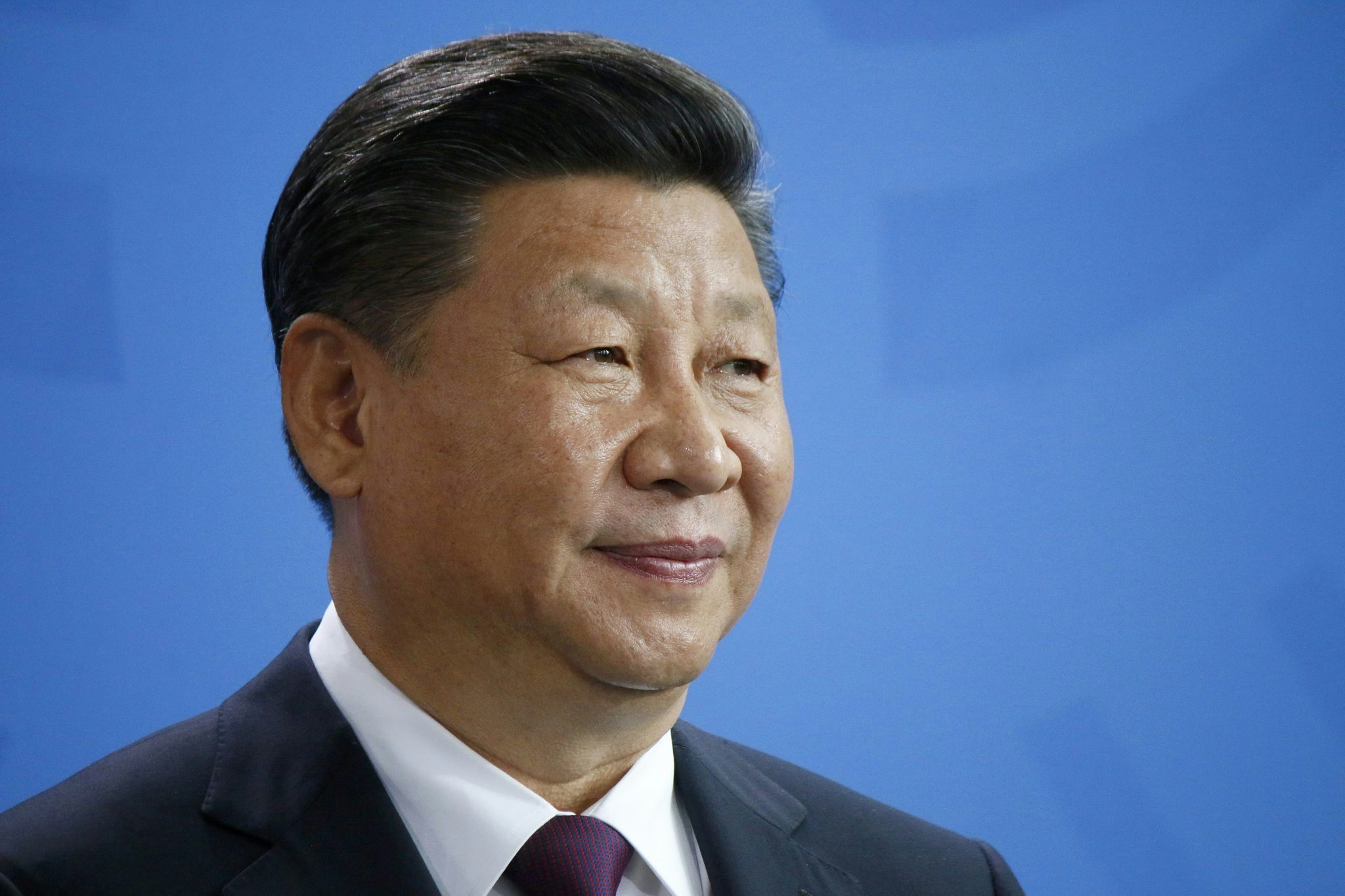According to True-Luxury Global Consumer Insight, the fifth edition of an annual report by The Boston Consulting Group (BCG) and Altagamma, Chinese consumers already make up 32 percent of the global luxury market- a number predicted to rise to 40 percent by 2024.
The report covered more than 12,000 consumers of luxury goods across ten countries, with a notable focus on Chinese millennial consumers. The study showed that 55 percent of all luxury purchases are now made on a portable device, and for Chinese consumer, that number rises to 77 percent. The pivotal role the Chinese market can play in a luxury brand’s success is no longer a secret – but for many Western brands, knowing how to reach the Chinese market is still an elusive conquest.
The study was presented at this week’s Women in Luxury conference by BCG’s Partner and Managing Director Sarah Willersdorf, who spoke to Jing Daily on what luxury brands should be doing to connect with the Chinese consumer, and what the global luxury industry can learn from China’s intricate e-commerce ecosystem.
Why are Chinese millennial consumers so important to the global luxury market?#
Simply by the numbers –Chinese millennials will make up a large component of shoppers and a large driver of the growth in luxury.
The millennial Chinese consumers are more sophisticated in their consumption of luxury brands. They know all the brands, they know all the niche brands, and so I think their love of fashion and luxury is even greater.
What are some characteristics that BCG has noticed that set the Chinese millennial apart from their Western counterparts?#
When I think of the Chinese millennial, I think of everything being accelerated. We say that in the West millennials and generation Z are online and social, but the Chinese millennial is more online and more social. So I just think they’re much more highly connected and using social for commerce as well as inspiration, curation and communication.
Even though the Chinese consumer is increasingly sophisticated, there’s still a real passion to follow and know what influencers and celebrities are wearing and doing.
How can luxury brands in China keep up to date with their preferences and consumption behaviors?#
It is extremely important for Western brands to have local teams on the ground in China. The need to understand local culture, behavior and language is vital. You have to have local teams and those teams have to have deep experience in the market because the behavior is so different.
In your opinion, is it necessary for luxury brands to have an e-commerce presence in China?#
If a brand does not have their own ecommerce site, they absolutely have to be present on e-commerce sites and on social media. WeChat, JD.com, VIP.com and the like are all critically important. Tmall hasn’t traditionally been known for luxury but now with some of the luxury partnerships it has developed it’s becoming increasingly better positioned for it – I expect it will increasingly move into this space. Entering China’s digital commerce ecosystem is just crucial..
Is working with online influencers/KOLs a must-have now for luxury brands in China?#
The influencers have always been very important in Asia. Initially, it was places like Japan and Korea influencing Greater China, but now the Chinese influencers themselves are just as important – influencers like Kris Wu and Liu Wen, are globally recognized. If you think about Western brands that have had great success in China, it is usually because they’ve had close and authentic relationships with ambassadors there. They’ll be spending time with the designers, being at every single runway show and creating marketing and product collaborations with the brand. I think the brands that have done it well have really fallen in love a little bit with the influencers- they don’t just use them, but have a really authentic relationship with them. They can be tremendously powerful.
What are BCG’s predictions for next year’s growth in the Chinese luxury market?#
We think the overall market is going to grow by four or five percent, but I would definitely expect that the growth in China is higher. Our predictions mean that the Chinese will be driving 70 percent of the growth of luxury, which is tremendous.
Having said that, I think how brands attack that growth is important – you need to think of the full ecosystem in China – stores, social media, influencers – all of it.
What do you see as the major challenges or threats to the growth of the Chinese luxury market?#
For Western luxury brands, I think one challenge is there are a significant number of strong, local brands. I think there are many local Chinese luxury brands, and Korean and Japanese beauty brands, that will increasingly become more of a threat. Having stores in the right location remains a big challenge. Finding the right location for the right price is very difficult. I think a number of companies who used to think about tiers of cities are actually trying to think about clusters of cities, because of the proximity of some of these places.
I think another interesting challenge is going to be what we see happen with outlets and off-price stores in China. I think we’re seeing more outlets open, and more of these very close to urban centers. I think that’s really interesting in China because lots of brands from the West have actually so far managed to have a more elevated position than they have in their home country, due to being protected from having such a huge off-price business. As outlets and off-price grows in China, it will be interesting to see what this does to the brand elevation a number of Western brands have today.
The challenge of counterfeits and the grey market is still significant in China. However, I do expect to see significant technology opportunities help us with counterfeit products. I believe that Blockchain technology will be used to solve many of the issues of counterfeit product. I think this will be one of the most important uses of Blockchain in luxury.
This interview was edited and condensed.



